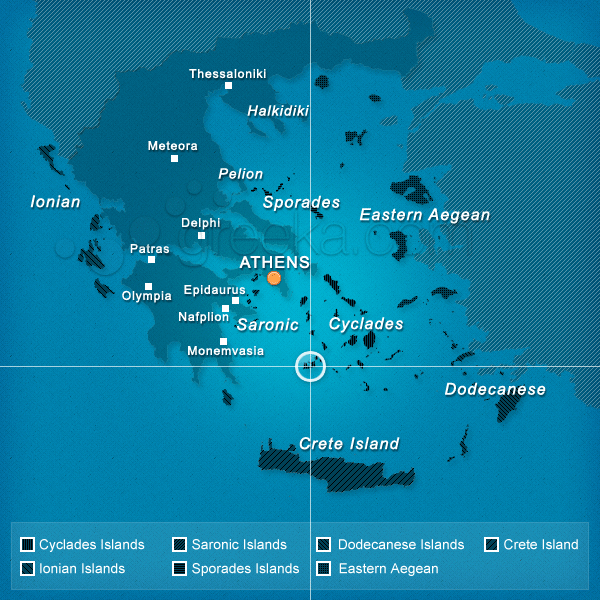civilian Turkish prisoners from Edremit. The very
lengthy and detailed reports of lawyer Faik Kemâl
and Pharmacist Muzaffer, mentioned here, will follow
in the coming days.//
Edremit is directly west of Balıkesir, on the Aegean
Sea coast.
Observations of a Member of the
Edremit Municipality:
I was imprisoned a number of
times on various pretexts during the ill-
omened Greek occupation. Last year, in the Spring of 1921, I was
accused, along with lawyer Faik Kemâl, pharmacist Muzaffer and
other notables
in the market bath of deciding to establish a secret
organization. Also, together with the aforementioned Faik
Kemâl and
Reji (Tobacco Monopoly) Director Fehmi Bey, I was accused of
collecting 8,000 lira and sending it to the Balıkesir Revolutionary
Committee.
So in April 1922 I was arrested
and after suffering many degradations
and tortures, on 3 September 1922 we were
sent in handcuffs to Izmir,
supposedly for trial. In Izmir we were paraded around and
repeatedly
threatened with death. On 6
September 1922, myself and 19 others
were boarded onto a ferry and transported to the Liosia (Lucia) prison
camp in Athens. Prior to this, we were
subjected to all sort of torture
and degradation at the Monastiraki
Prison.

Monastiraki (red marker). Liosia is about 12 kilometers
directly north.

Monastiraki (red marker). Liosia is about 12 kilometers
directly north.
From 8 September 1922 until 28
February 1923, the oppression and
ill-treatment we suffered and witnessed was
so horrific it would make
one’s hair bristle. First of all, we were left
hungry. The thing they
called bread was
just black dough, mostly mixed with poisonous
materials. Secondly, the thing they called food wasn’t fit
to eat by
any living being, let alone by us.
Consequently, we went hungry but
sustained ourselves by secretly buying
food with our money. There
was no water
at the camp so we had to have it brought from the
surrounding gardens. But those who went to get the water could
only
get permission by paying bribes.
Those with no money went without
water, to their great dismay.
At the prison camp, the military
guards had broad authority to beat,
degrade and kill prisoners. An unlucky prisoner going from one tent
to
another at night would be accused on some pretext – “you’re
spilling water here!”
and then be beaten to within an inch of his life.
The punishment was lighter if you gave 5 or
10 francs. There were a
number of poor
prisoners who died from such beatings.
The camp was along the Salonica
(Thessaloniki)-Patras rail line and
next to a third highway. Louts on the train would throw rocks at the
prisoners, shout insults and sometimes fire shots, together with death
threats. A Greek Gendarmerie cavalryman
coming along the highway
fired at our friend the lawyer Faik Kemâl but missed
him, hitting an
unfortunate fellow named Emin from Kütahya who had been
captured
in Tekirdağ. Sick prisoners who
cannot bear this sort of murderous
atmosphere are taken to the hospital, where
they are certain to die.
No prisoner has
ever returned alive from the hospital because they are
thrown on a concrete
floor there and left to die. The Turkish
doctors
among the prisoners protested but these protests backfired, resulting
in punishments for them.
According to stories we heard
from prisoners who came to Liosia from
Thrace, Izmit and Bursa, they
were left hungry and thirsty on ferries en
route, with many prisoners being
thrown into the sea. They said that
about 673 prisoners going from Thrace to Milos Island were dumped
alive into
the sea along the way.
milos island click here for more info from Part XXII.

Milos Island (circle at center of map).
milos island click here for more info from Part XXII.

Milos Island (circle at center of map).
Our letters are ripped up and kept
from us. Any money sent to us is kept,
as well. Whatever we can get is stolen
from us by various means. The
Greek
soldiers, who had the authority to beat and kill the prisoners during
the
night, robbed us either secretly or openly in our tents. Anyone
complaining about this thievery would
be beaten in front of everyone,
degraded, jailed and otherwise tortured. The matter of relieving oneself
was among the
worst problems for the prisoners. It was
impossible to
even approach the latrine trenches because of the stench. Countless
prisoners slipped and fell on the
filth and mud and some even suffocated
in the quagmire.
In short, it is impossible for me
to describe the horrors of captivity so I
will have to be content with what I
have written thus far. We will have
to
carry in our hearts the horrific nightmare of the atrocities we
experienced at
the hands of the Greeks in captivity.
In particular, in addition I ask
that after the current revolutionary
government settles into power, an
organized program be implemented
to investigate these tragedies and atrocities.
17 June 1923
Hüseyin Hüsnü of Edremit’s
Hakimzade quarter and a member of
the Edremit Municipality

Hiç yorum yok:
Yorum Gönder